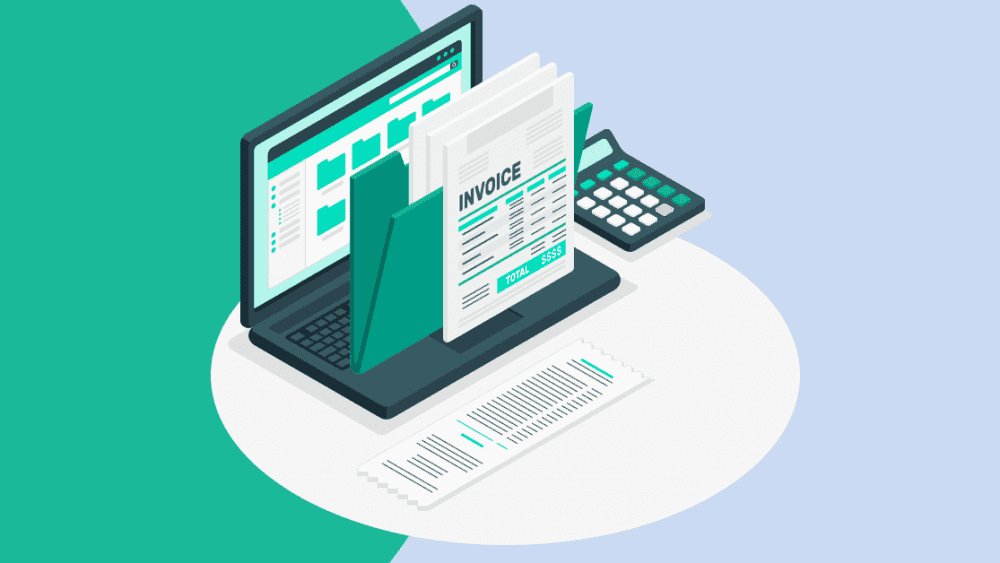There may still be many skeptical executives who do not recognize the value of e-invoicing for SMBs (without actually knowing what it is about). But given the disruption that the pandemic has brought to global business, small and medium-sized enterprises are in dire need of the help of the cloud, enterprise platforms and, in our case, e-invoicing.
Firstly, e-invoicing is strongly supported by governments, as it is based on specific standards which can be used in all economic activities. It is no coincidence that legislative bodies around the world are working to digitize B2B invoices. For example, most European countries have adopted e-invoicing to varying degrees and are developing standards for document exchange between countries.
Once the network is up and running, the next hurdle is adoption, which is a much longer process. In addition, there are other costs that need to be taken into account in order for change to occur. This is why some governments are considering offering profitable incentives to those that will adopt e-invoicing over paper invoices, in an effort to encourage those on the verge of adoption that are ready to take the big step.
The advantages of e-invoicing
Electronic invoicing has numerous advantages. It facilitates compliance with government directives for different businesses and industries, since back-office systems collect and process information with little or no human intervention, and therefore no security issues.
In addition, automation saves valuable time that employees can now spend on strategic tasks. In this way, your financial department will be able to explore even more complex, lower-cost measures for future adoption, and at the same time increase your company’s ability to seamlessly evolve.
In addition, late payments will be reduced, which is particularly important for small and medium-sized enterprises. And of course, security will increase, as payments will be made through a trusted provider who requires verification from both the sender and the recipient. The provider will follow strict protocols to ensure that invoices are securely transmitted through a network.
Those considering e-invoicing, should first start the digitization process and transfer their operations to the cloud. This is a truly valuable investment, as it allows integrated electronic invoicing for businesses of any size, in any industry. Ultimately, it can successfully increase cash flow for small and large businesses, in a win/win situation for everyone involved.



Comments are closed.